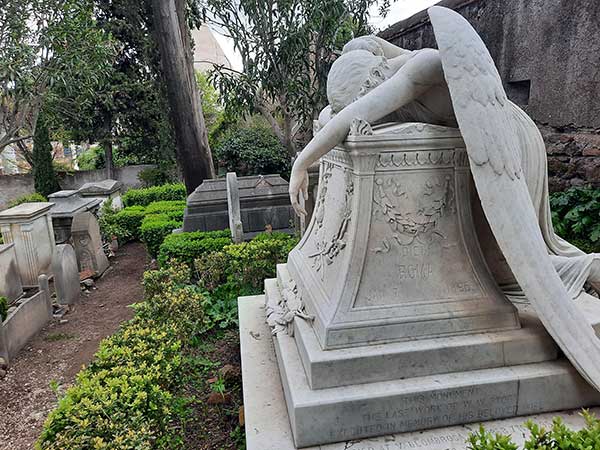The death of a loved one is always a very sad time for both family members and friends. Organizing a secular funeral can be an appropriate choice for those who do not want a religious ceremony. In this post of mine I try to provide you a kind of guide on how to organize a secular funeral.
First, it is important to take into account the costs associated with organizing a secular funeral. Even if a religious ceremony is not required, there are still expenses to consider, such as the preparation of the deceased, the purchase of an urn or casket, and the rental of a location for the ceremony. However, a secular funeral can also offer some less expensive options compared to a religious ceremony, such as choosing a location outside of a cemetery or the possibility of a shorter service.
Second, it is important to take into account the wishes of the deceased and the family when organizing a secular funeral. Their wishes regarding the choice of location and celebrant, as well as the planning of the ceremony, should be respected. Additionally, the culture and traditions of the family should be taken into consideration, and the service should be adapted accordingly. The age and personality of the deceased should also be considered, and a service should be planned that is respectful of their character and life.
Third, a closing moment should be planned after the ceremony. This can be done in various ways, such as a moment of silence for prayer or meditation, or a moment where guests can write their thoughts on a card or in a condolence book. Additionally, the choice of a location for burial or scattering of ashes should be taken into consideration, and guests should be informed of this choice.
Finally, the emotional impact of organizing a secular funeral should be considered. It is important to take time to process one’s feelings about the loss of the deceased and find ways to manage stress and negative emotions. Supporting other participants by offering comfort and attentive listening is also essential. Additionally, post-funeral support services, such as a grief support group or individual counseling, should be considered.
Choice of location of secular funeral
The first step in organizing a secular funeral is choosing a location. You can choose a place that has special meaning for the deceased or the family. This could be a park, a beach, a home, or a community center. Alternatively, you can choose a location where the funeral and subsequent funeral banquet can be celebrated, such as a cemetery or a private home.
Choice of celebrant the lay funeral
The celebrant is the person who conducts the ceremony. In a secular funeral, the celebrant can be a friend or family member, or one can hire a professional celebrant (this can be the best choice to be assured that the farewell ceremony is conducted professionally, empathetically but with the appropriate emotional distance). You should look for someone who is able to communicate effectively and has experience in organizing a secular ceremony.
Planning the ceremony of Secural Funeral
Once the location and celebrant have been chosen, you should plan the ceremony. Planning may include choosing music, readers and speakers, as well as preparing a speech for the celebrant and providing the celebrant with all the narrative material so that the celebrant can write down the life story of the deceased and can tell it during the ceremony.
You should also consider choosing a theme or phrase that is meaningful to the deceased and also choose to have a picture of him/her in the funeral home or during the ceremony.
Guest Participation
Once the ceremony details are established, guests should be invited. You can choose to send formal invitations, use social media, or make a personal phone call. You should also provide information on directions to the funeral location, available parking, and event times.
Planning the Secural Funeral Banquet
After the ceremony, a funeral banquet can be organized for the guests. You can choose to have it at the funeral location or another venue. You should plan the food and drinks to be served, as well as the arrangement of chairs and tables.
Managing Emotions in the secural funeral
Finally, it should be kept in mind that a funeral is an emotional time for all participants. You should make an effort to respect the wishes of the deceased and the family, and try to alleviate the stress of the attendees. You can also provide a time to share memories and feelings with other participants. This can be done during the ceremony or during the reception. Be also prepared to provide emotional support to those who need it, such as offering attentive listening or suggesting resources for support after the loss.
Organizing a secular funeral can be a meaningful and touching experience for all participants. It is important to carefully plan every detail, from the choice of location to the preparation of the deceased and the management of emotions. Taking the time to organize a secular funeral that reflects the life of the deceased and respects the wishes of the family can help create a moment of closure and remembrance for all participants.
Summing up
Summing up: organizing a secular funeral requires careful planning and respectful consideration for the wishes of the deceased and family. It is important to take into account associated costs and available options and plan a significant closing moment for all participants. Finally, it is important to address the emotional process of organizing a secular funeral and find ways to manage stress and support participants.




